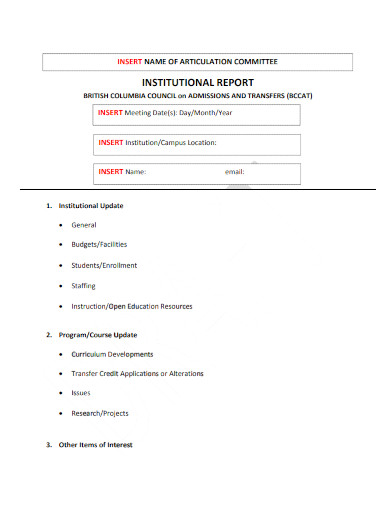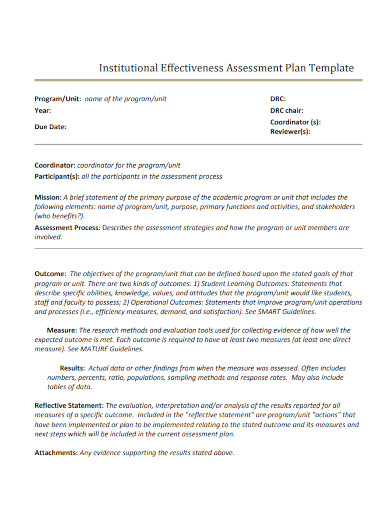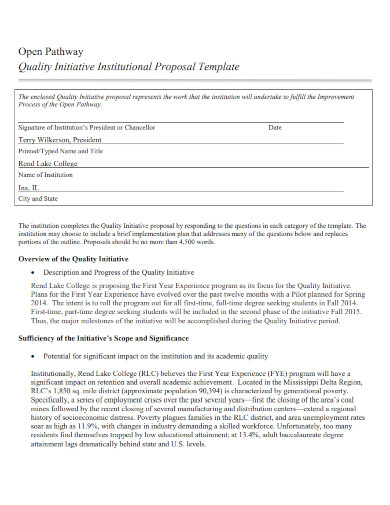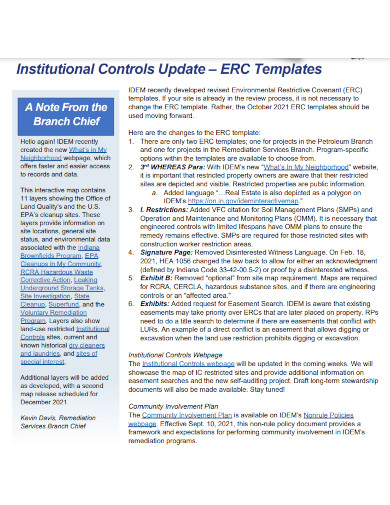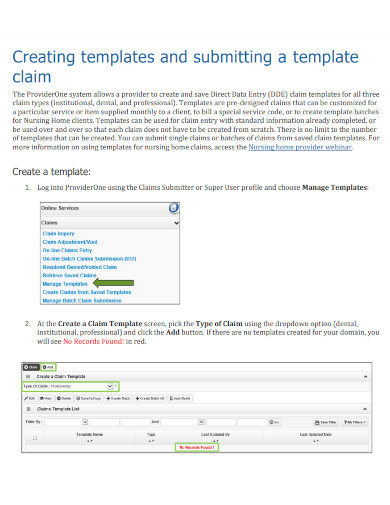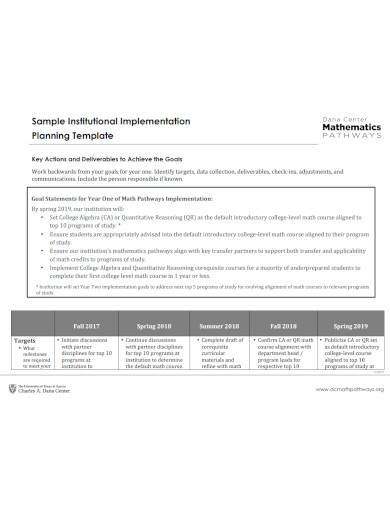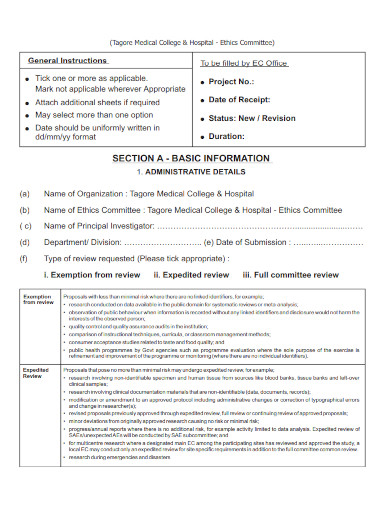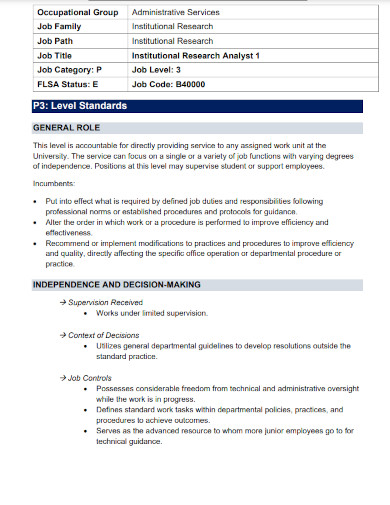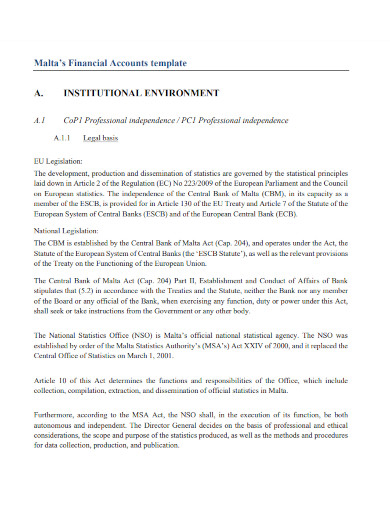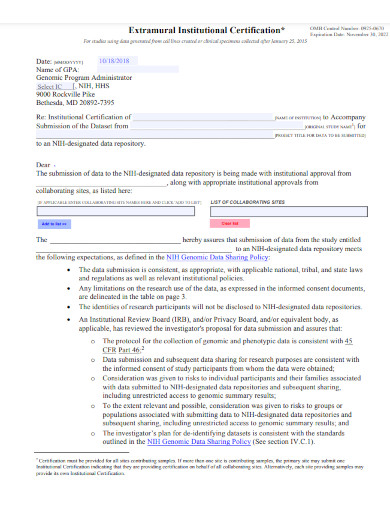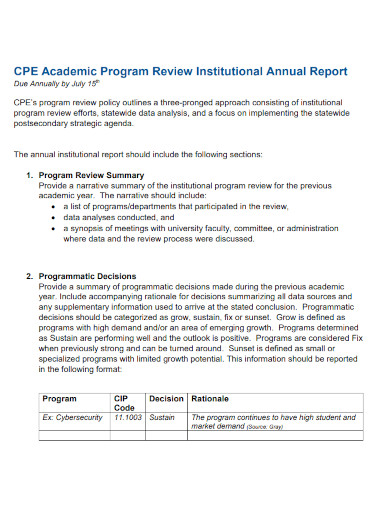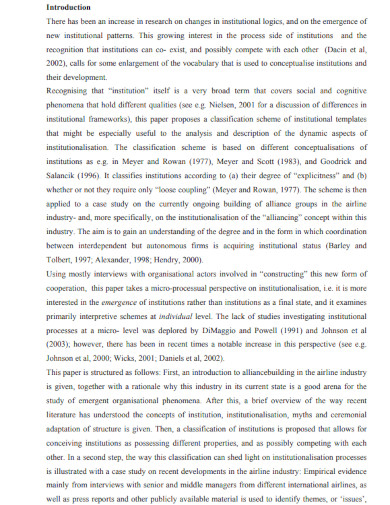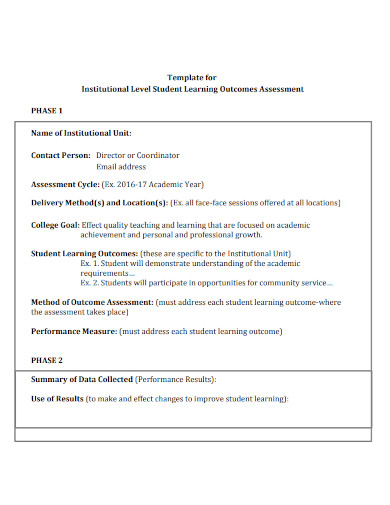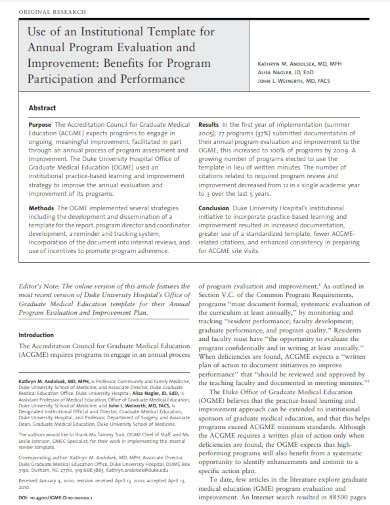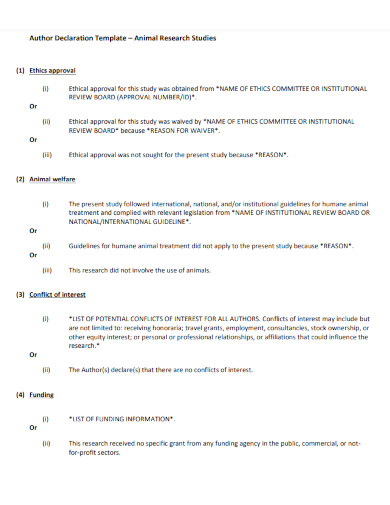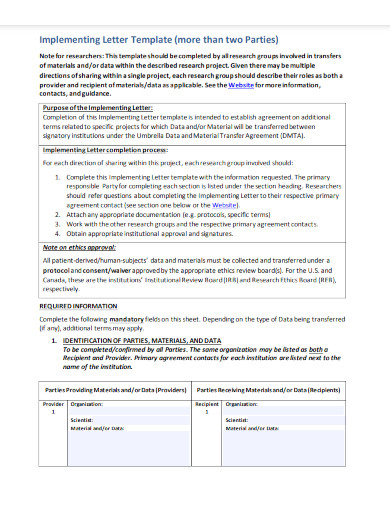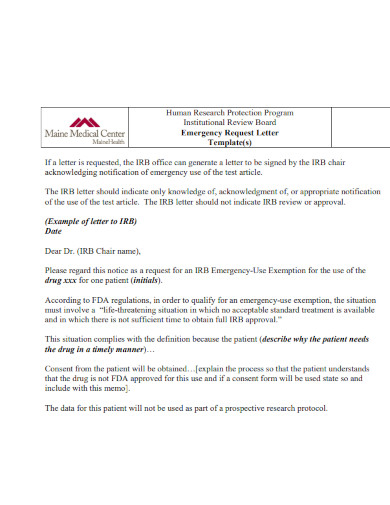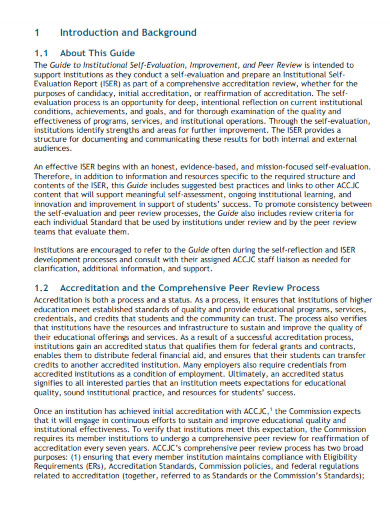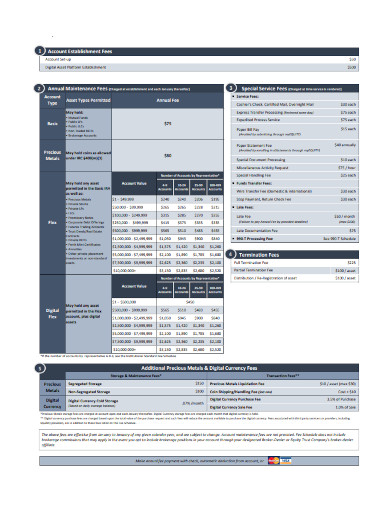30+ Institutional Examples to Download
A lot of our everyday perks and availed services are from a specific type of institution. For example, a Medicard is an example of an institutional object that allows a person or a consumer to avail of the services, products, commodities, and benefits brought about by the institution.
1. Letters & Institutional Templates
2. Institutional Support Pitch Template
3. Institutional Level Environment Template
4. Articulation Committee Institutional Report Template
5. Institutional Effectiveness Assessment Plan Template
6. Institutional Science Strategy
7. Institutional Capacity Assessment Template
8. Quality Initiative Institutional Proposal Template
9. Utah Medicaid Specific Institutional Template
10. Institutional Controls Update
11. Creating and submitting Institutional Cliam
12. Institutional Implementation Planning Template
13. Institutional Membership Purchase Requisition Template
14. Institutional Open Educational Resource Policy
15. Institutional Application Form For Initial Review
16. Institutional Research Analyst
17. Institutional Performance Template
18. Institutional Malta’s Financial Accounts Template
19. Extramural Institutional Certification
20. Academic Program Review Institutional Annual Report
21. Submission of Institutional Plans for Restart
22. Competing Institutional Templates
23. Institutional Student Learning Assessment Template
24. Annual Program Evaluation Institutional Template
25. Risk Management for Institutional Investors
26. Author Institutional Declaration Template
27. Implementing Letter Institutional Template
28. Institutional Emergency Request Letter Template
29. Institutional Review Board Authorization Agreement
30. Guide to Institutional Self-Evaluation Template
31. Institutional Fee Schedule Template
What Is an Institutional?
Institutional refers to a specific quality or label that people often attach or associate with formal and serious groups and institutions. Not only that but anything labeled institutional will also be treated with utmost formality and importance.
How To Use Institutional Writing
Institutional writing is a style of writing that most researchers and practitioners use when they relay various quantitative and qualitative research findings and formal reports to their associated institutions. This means that if you are planning to relay various information to institutions, then you must use this style of writing. Not that the tone and theme of this type of writing are fundamentally formal and different from free-from writing, which means you will not use any literary devices in your writing.
Step 1: Balance the Use of Jargon
Institutional writing is characterized by the plentiful use of jargon and other keywords that the layperson will not understand. This style of writing may result in an organized slew of words that will be very difficult to understand or comprehend. To rectify this, be sure to properly
Step 2: Create Outlines
This style of writing is very organized and will have to follow a specific flow and format structure. To accomplish this feat without needing to exert too much effort through the use and creation of outlines detailing all the parts of the body.
Step 3: Ensure the Context is Understood
The whole point of this style of writing is to relay information in a more structured and formal manner or way. This means that the context you will set in the body of your work needs to provide the appropriate context required to understand the words or concepts explained.
Step 4: Cater to The Understanding of The Readers
The most important factor you will need to consider is the understanding and comprehension of your readers. To take this factor into account, you must limit your usage of deeper jargon and keywords and base it heavily on your audience.
FAQs
What is the concept of an institutional level?
The institutional level is a structure that refers to a specific quality found in a group of individuals. Researchers and scientists often use this structure to indicate the educational level, teaching practices, and social climate of the person and the institutes they are affiliated with. Not only that but some qualitative research will focus on a specific quality of a person’s institutional level. In conclusion, the institutional level references the different institutional aspects at play with an individual.
What is the difference between a social and a government institution?
A social institution is a type of institution that people can avail of or use to meet and support their socially inclined needs. These can be institutions that are required for society to function, an example of an important social institution is the government body that presides over the social laws. Other social institutions will help citizens reintegrate into society, like rehabilitation centers and prisons. While a government institution is a subtype of a social institution that refers to a structure or organization that is politically affiliated with the government whilst providing a specific service to the people under the jurisdiction of the government.
Can social platforms be considered institutional?
Yes, social platforms are succinct bodies that can be considered institutions where people can let their advocacies and voices be heard. Some social platforms are government affiliated whilst others are supported by Non-Government Organizations or NGOs.
People often refer to the word institutional as a way to describe an object or thing as part of a specific organizational body or institution. When one wants to properly and formally write to an astute institutional body or audience, then one will need to master the institutional style of writing to get their message across without offending anyone






